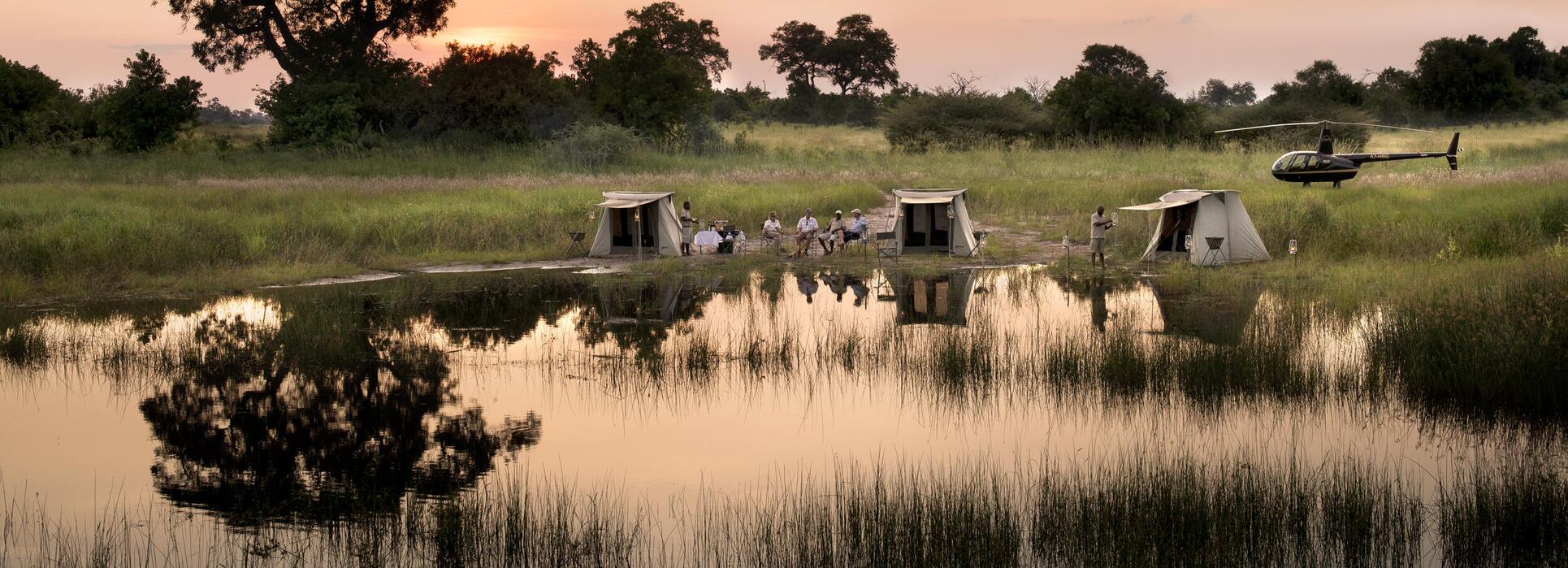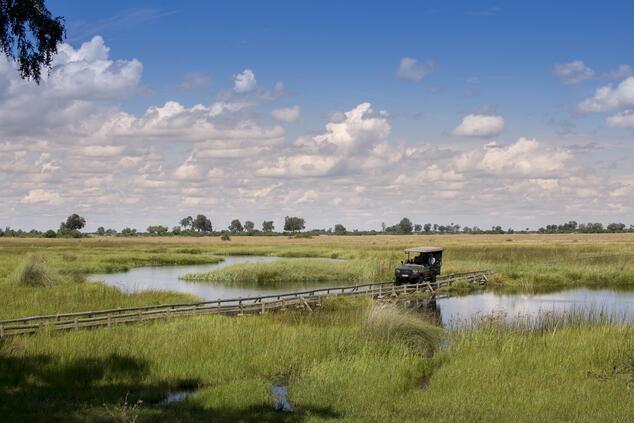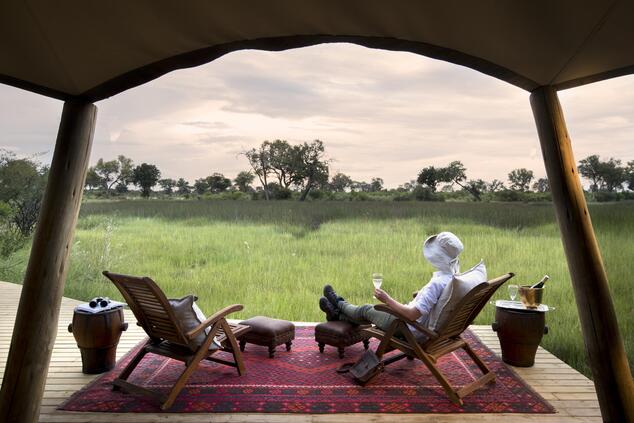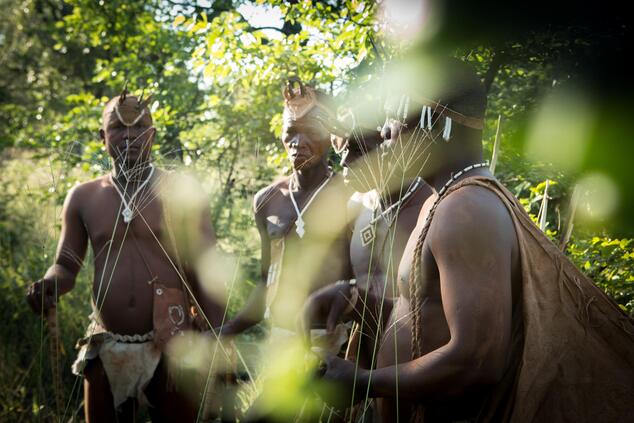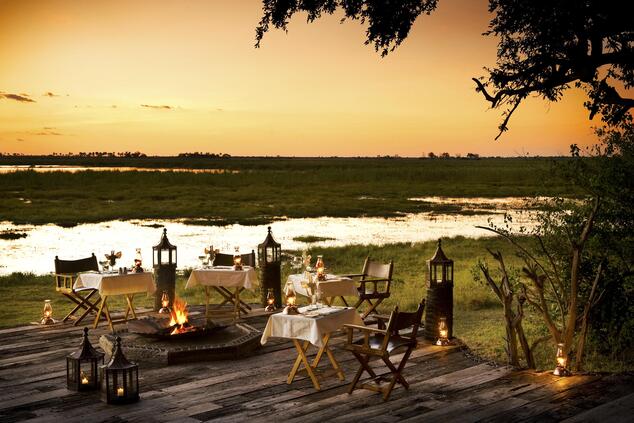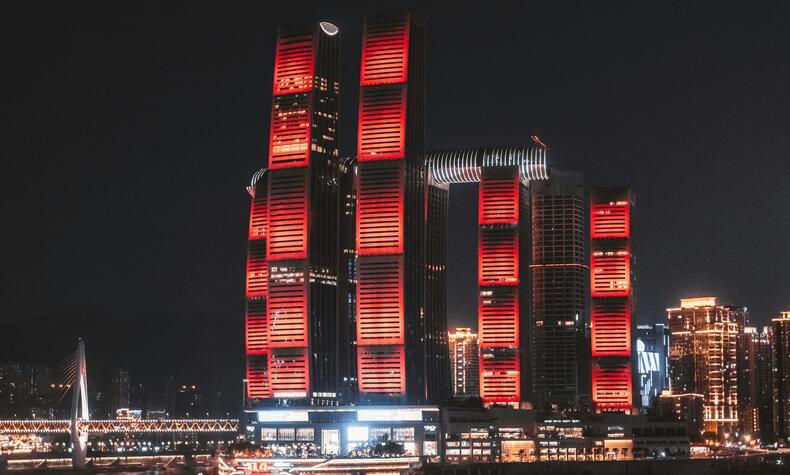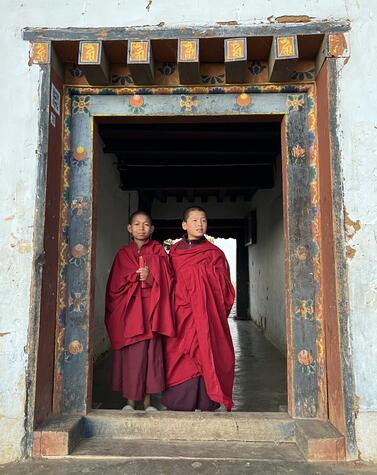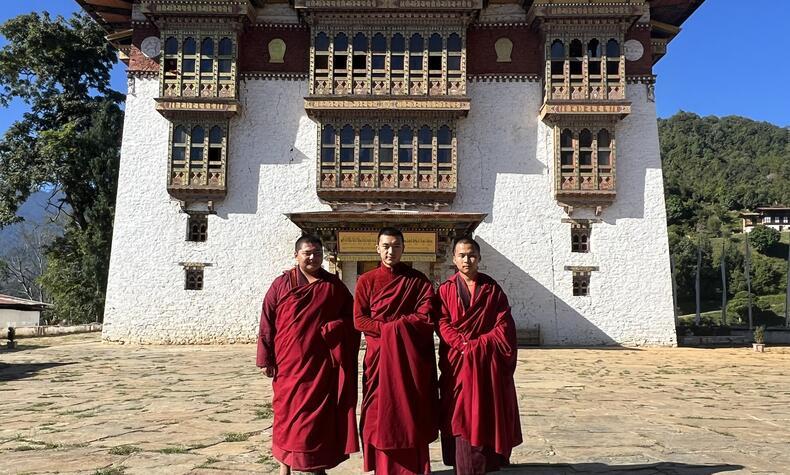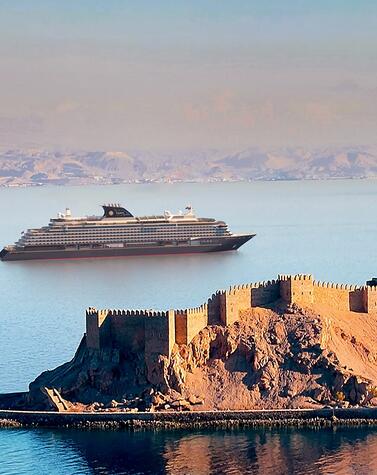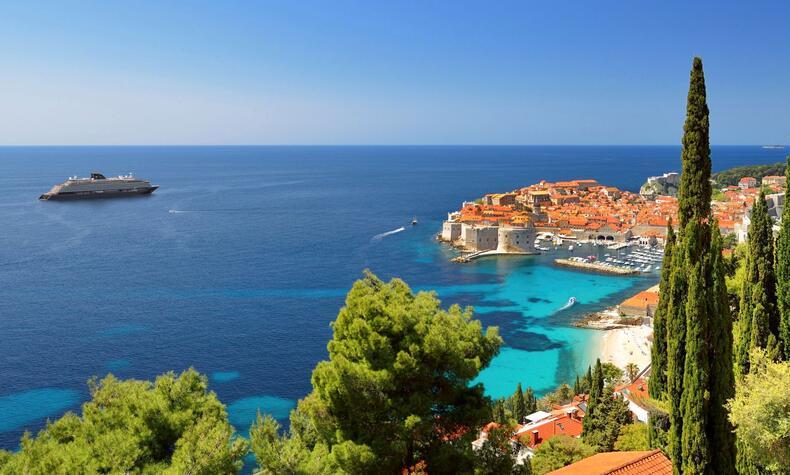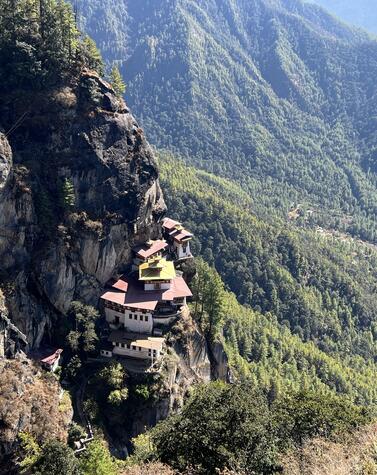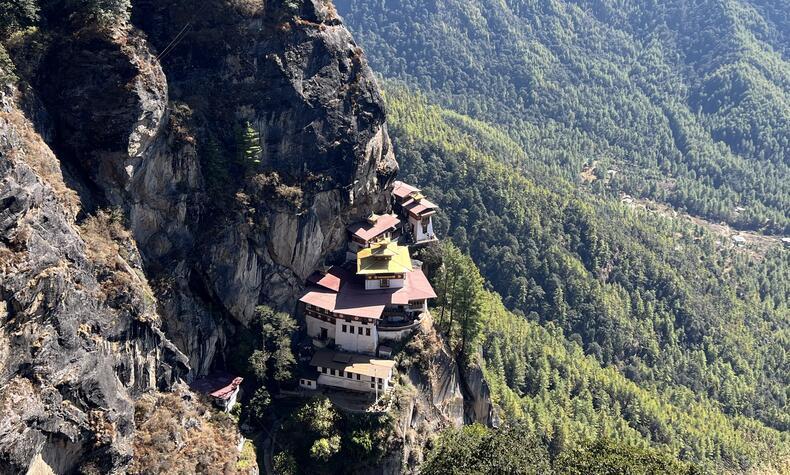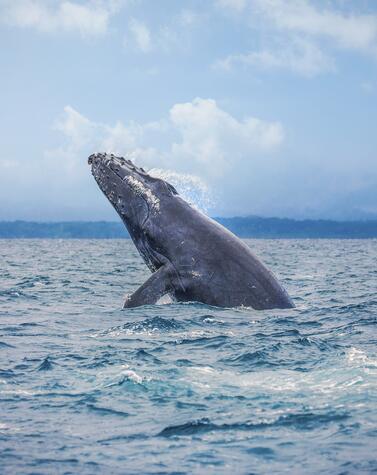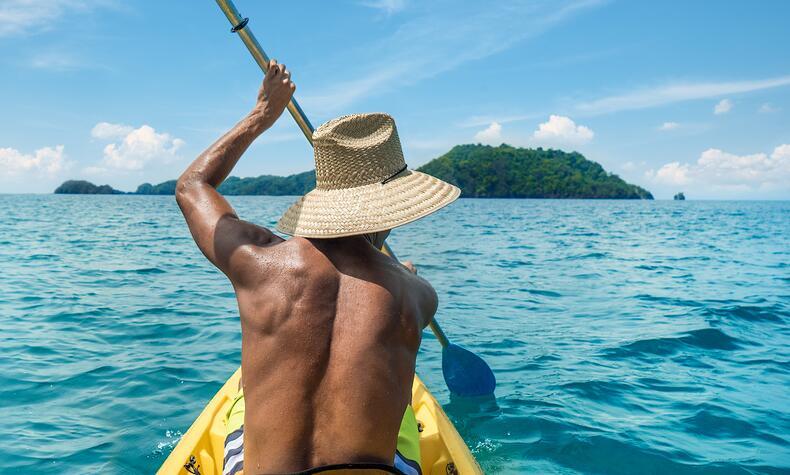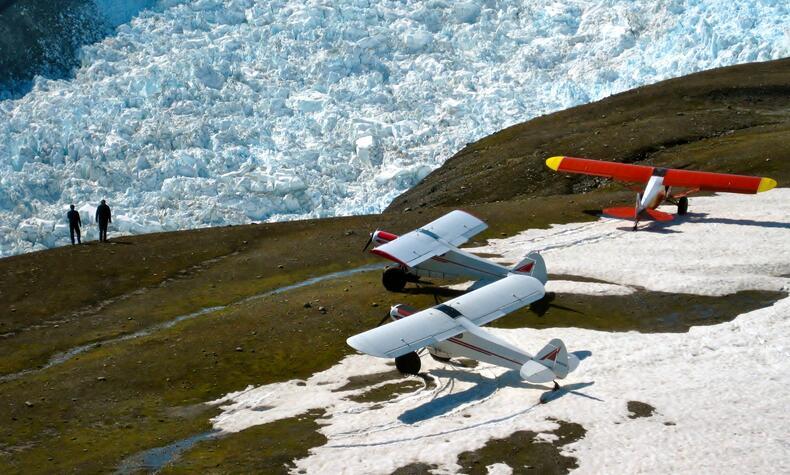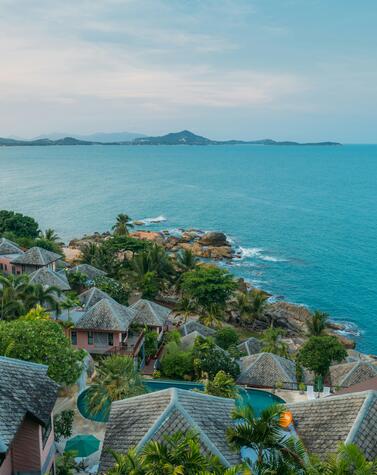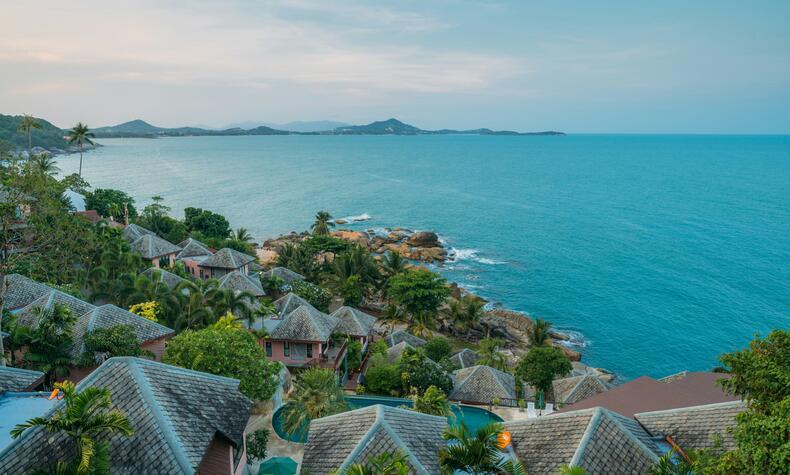Sustainable luxury tourism: Africa's last stand
The Great Plains Conservation Foundation, chaired by Dereck Joubert, was created with the aim of protecting endangered species and ecosystems in Africa through luxury tourism development projects. 100% of the profits generated are dedicated to the maintenance of the ecosystem. This project seeks to find a healthy balance between the conservation of the environment and species, the involvement of local communities, and the generation of a local economy. One of its major efforts is to convert land dedicated to hunting or ranching into conservation areas through photo safari tourism.
Devastatingly, five elephants are killed every hour throughout Africa at the hands of poachers. In South Africa alone, a rhino dies every nine hours, and in the last fifty years, 95% of the lion population has been lost. To prevent this, they protect large areas in Kenya, Botswana, and soon Zimbabwe, which they exploit exclusively with this concept.
They do this by building camps with zero environmental impact and offering an extraordinary experience of contact with nature without giving up any comfort and generating a social economy in the area where the local community can see that sustainable tourism generates an economy as profitable or more than cattle ranching or even poaching.
Camps like Zarafa and Duba Plains have been designed with extraordinary attention to detail and a deep sense of place. The cuisine is outstanding, on par with that of a fine European restaurant. Each camp features a central tent housing the lounge, dining area, terrace, and veranda, while the guest tents offer all the comforts of a luxury hotel. From high-quality linens to thoughtfully selected bathroom fixtures, every element reflects careful craftsmanship and elegance.
Set within private reserves, these camps are accessible only by light aircraft or helicopter. Once there, guests find themselves in complete seclusion; no one else shares the reserve except fellow travelers. This exclusivity allows for unique experiences such as walking safaris with expert guides, peaceful canoe excursions through water channels alongside elephants, and, of course, the classic 4x4 game drives.
Even the safari vehicles are equipped with charging ports to keep cameras powered throughout the day. The result is an experience of rare intimacy with the wild, unmatched in its authenticity and immersion.
- Great Plains Conservation was created to protect species and ecosystems in Africa —
- Camps such as Zarafa or Duba Plains have zero environmental impact —
- Income from tourism benefits the local community by generating a social economy —
- A safari in a private reserve is a unique experience
